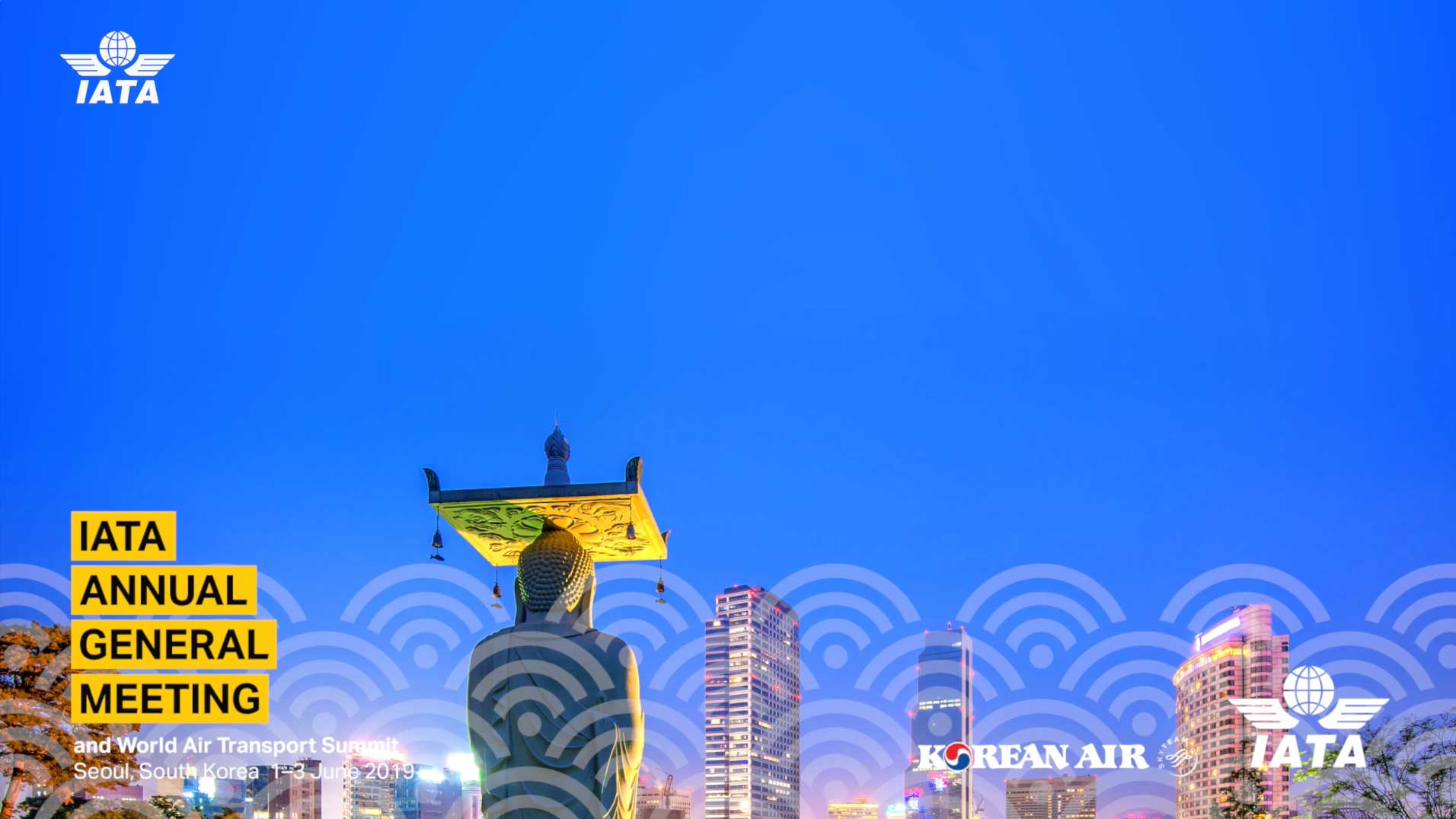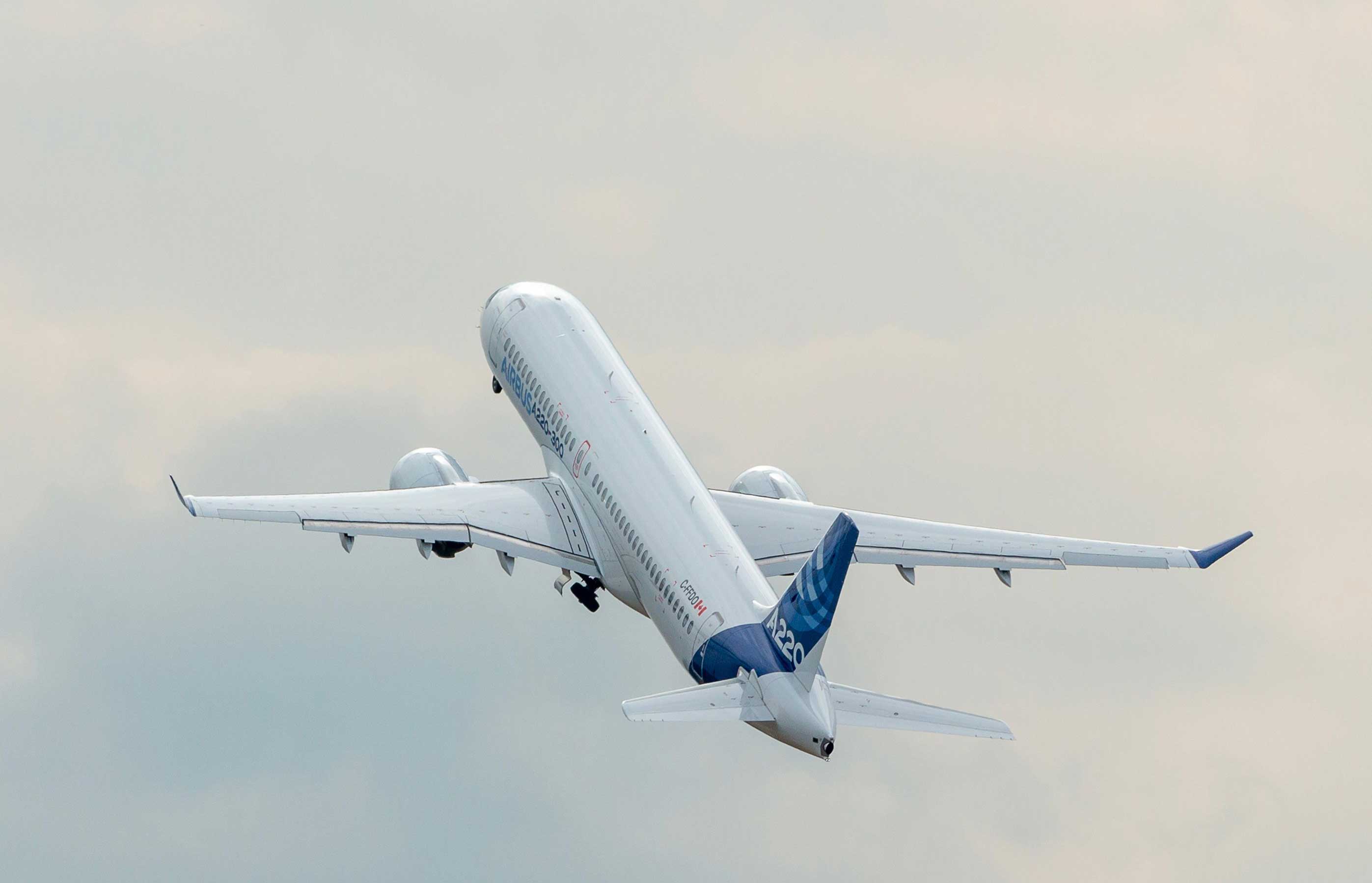
The airline industry has overwhelmingly thrown its support behind full implementation of the Carbon Offsetting and Reduction Scheme for International Aviation (CORSIA) agreed through the UN’s International Civil Aviation Organization (ICAO).
CORSIA is the first global carbon pricing instrument for an industry sector. It will cap net CO2 emissions from international aviation at 2020 levels (carbon-neutral growth, or CNG).
The move was agreed at the International Air Transport Association (IATA) annual general meeting held in Seoul, South Korea last week. IATA represents 290 airlines and 82% of commercial air traffic.
“Airlines know that effective plans to cut emissions are critical to earning their licence to meet the growing demands for air connectivity,” said Alexandre de Juniac, IATA’s Director General and CEO.
“CORSIA sets the stage by capping emissions at 2020 levels. Between 2020 and 2035 it will mitigate over 2.5 billion tonnes of CO2 and generate at least $40 billion in finance for carbon reduction initiatives.”

New aircraft, such as the Airbus A220, are more efficient but the industry still has work to do to meet 2050’s emission targets
The IATA agm also looked beyond CORSIA to the next commitment in the industry’s climate action strategy — cutting net emissions to half 2005 levels by 2050. The resolution urged airlines to implement all available fuel efficiency measures and to participate fully in a long-term switchover to sustainable aviation fuels.
“CORSIA will stop our carbon footprint from growing,” said de Juniac. “That is vitally important, but our next goal is even more critical—cutting net emissions to half 2005 levels by 2050.
“Airlines are investing in efficiency measures to achieve that — including new aircraft, better procedures and making forward buying commitments for sustainable aviation fuels.
“We will continue to make progress, but we need governments to be aligned in their policy actions. Along with implementing CORSIA, we need them to sort out inefficiencies in air traffic management and create the environment for the commercialisation of sustainable aviation fuel.”
